Can a breastfeeding mother eat honey?

With the advent of a new life in the mother's body, a transformation occurs and the process of producing breast milk begins. Since it takes in all the vitamins and minerals that come with the mother's food, the latter will always have a number of dietary restrictions, since the newborn baby is still very sensitive to allergenic or difficult to digest components.
There are always restrictions on sweets, since sugar causes fermentation, the already immature gastrointestinal tract of the child is worried. And here every nursing mother remembers such a wonderful natural product as honey. Only now is it possible to use it while breastfeeding, when and in what quantities, it is still worth finding out so as not to harm your baby.

Product uniqueness
Everyone knows that this product is extremely useful. To understand what secrets this amber delicacy hides, which makes it a real gift of nature for humans, it is necessary to consider its composition, as well as how each of the particles affects the human body.
So, it contains:
- vitamins;
- trace elements;
- minerals;
- enzymes.
B vitamins have a wide spectrum of action for many body systems: they accelerate metabolic processes in the body, remove harmful deposits and compounds accumulating in the body, comprehensively affect the processes of blood formation and circulation, strengthen the heart muscle, increase the level of red blood cells, have a beneficial effect to the organs of vision.
Vitamin C promotes the absorption of calcium, supporting the body's defenses.
Panthenol has an anti-inflammatory effect, promotes more comfortable digestion, and helps with skin regeneration processes.
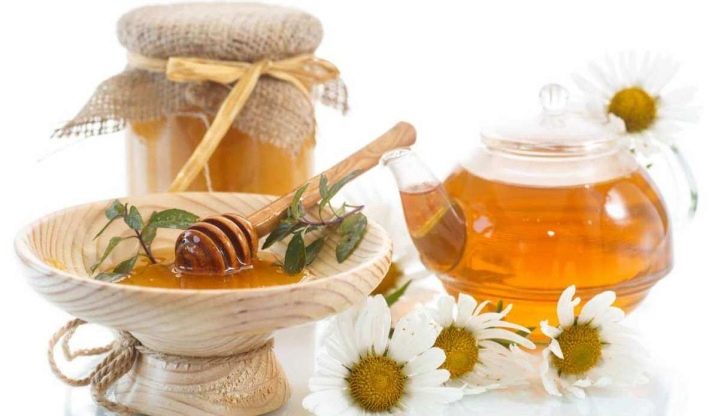
Trace elements and minerals are represented by iron, sodium, calcium, potassium, phosphorus, manganese, zinc. Each of them has a certain effect. Together, they affect the functioning of the thyroid gland, participate in the regulation of water-salt balance, balance the amount of sex hormones, strengthen the body's bone corset, maintain muscle tone, prevent the development of diabetes, and improve skin condition.
Complex carbohydrates contained in honey normalize protein-fat metabolism and affect the functioning of all mucous membranes.
The rich composition of this natural medicine forms a list of beneficial effects on the body of a nursing mother.
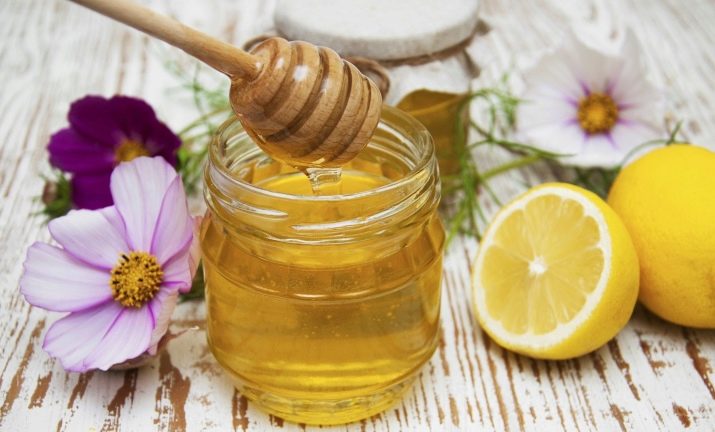
Benefit
Many neglect the ability of natural medicines to have the strongest preventive, therapeutic and restorative effect, preferring artificial and synthetic pills.
Honey is widely recommended even by doctors, as it can have a beneficial effect on the body of mother and baby on breastfeeding.
- Honey relaxes and relieves excitation of the nervous system, which is important not only for the mother, but also for the child. Mom becomes less irritable, taking honey as a natural sedative, and the baby, in turn, goes to bed easier and sleeps better.
- It normalizes digestive processes, thereby alleviating or preventing constipation, which so often worries mothers on breastfeeding.
- It strengthens the immune system, which is very necessary during lactation, since the lactation process is very energy-consuming, and health can be “shaken”.
- Enhances milk production. This is due to the fact that the production of hormones is balanced, and milk also acquires a sweetish taste, which is why the baby more actively empties the breast, increasing lactation.
- It speeds up the metabolism, which helps the mother to recover faster after childbirth.
- Supplements milk with useful substances, making it more nutritious.
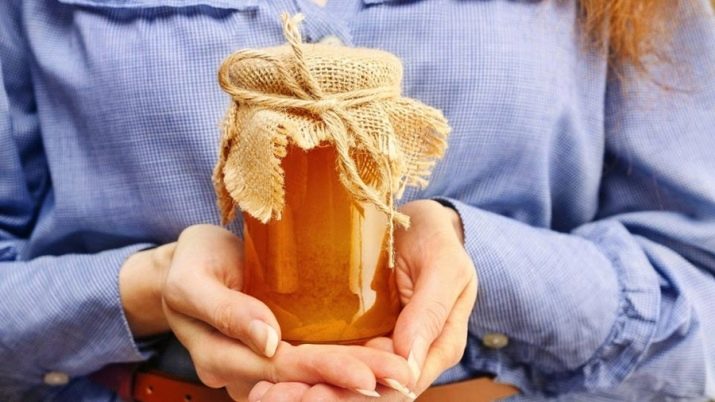
Honey is also a great addition to warm drinks: tea, milk. Such a drink can replace pharmacy medicines if the mother is sick with ARVI.

Harm
It is very strange to hear that this bee product can cause trouble for a nursing woman or her infant.
To understand the consequences of introducing honey into your diet, you need to find out what harm can be from its use.
- A natural product that is bought directly from the apiary may contain the causative agent of such a terrible disease as botulism. It will not be dangerous for the baby, who is still on exclusively breastfeeding, because it will not get into milk. But when mother is infected, negative consequences cannot be avoided.
- Being a biologically active product, it can cause minor and dangerous allergic reactions.
- May cause indigestion in a child.
- Excessive eating of a sweet nectar product is dangerous for the mother's figure.
- A decrease in blood pressure, therefore, if a young mother suffers from this ailment, this sweetness is forbidden for her.
- Can seriously raise blood sugar levels.
- Sweetness negatively affects tooth enamel, which is weakened by childbirth and feeding, so there is no need to be zealous in use.
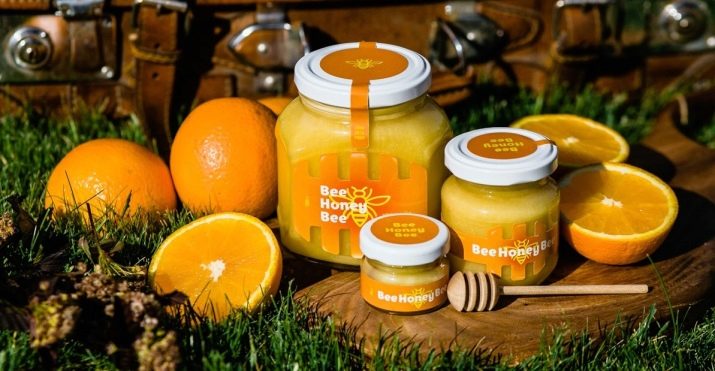
The key danger of honey is its allergenicity. The appearance of an itchy rash or redness on the skin is not the most unpleasant thing compared to the swelling of the airways, which can come on so abruptly that you may not have time to refuse medical help. Be vigilant even after feeding: if symptoms such as shortness of breath, barking cough, swelling of the eyes, face, an instant scarlet rash on the body, inhalation or exit with a whistle appear, you should immediately call an ambulance.
In this regard, the very popular pediatrician Komarovsky Evgeny Olegovich insists on the refusal to use honey by a mother who is breastfeeding, up to 6 months at least.
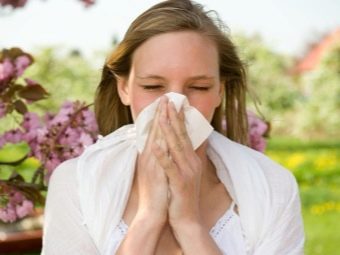
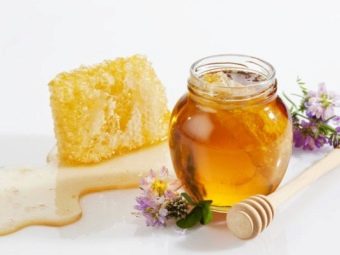
We try carefully
After six months, with the start of the introduction of complementary foods, not only the diet of a small baby, but also its wet nurse, expands. Now mom can taste some honey.
Given the individual characteristics of the body, you can start eating honey little by little if the baby is a month old. At this age, a mother can try amber sweets on the tip of a knife and carefully monitor the reaction throughout the day. If everything is in order - at an older age, you can increase the portion a little, bringing it up to 1 teaspoon every other day. After the baby reaches the age of one year, the mother can eat 1 teaspoon of honey daily, and also give her baby a sweet treat to taste.

In addition to the dosage and age limits, for the use of golden molasses there are a few more rules, the observance of which will only benefit from it.
- In no case do not heat honey, and do not add it to hot drinks! The temperature of the liquid into which sweet nectar is thrown should be no more than 40 degrees. Otherwise, with strong heating, the level of harmful substances in it rises, which are equated to carcinogens.
- Choose the right honey. A product sold in a store must necessarily have a quality certificate that guarantees its safety. Always check expiration dates. Purchasing honey from private beekeepers will require a lot of knowledge on your part to know if the right product is being produced by asking the right questions.
By the way, there is such evidence that an allergy does not occur to honey itself and its components, but to various preservatives and other additional substances that unscrupulous manufacturers can put in it. Therefore, it is important to understand how to choose the right honey.
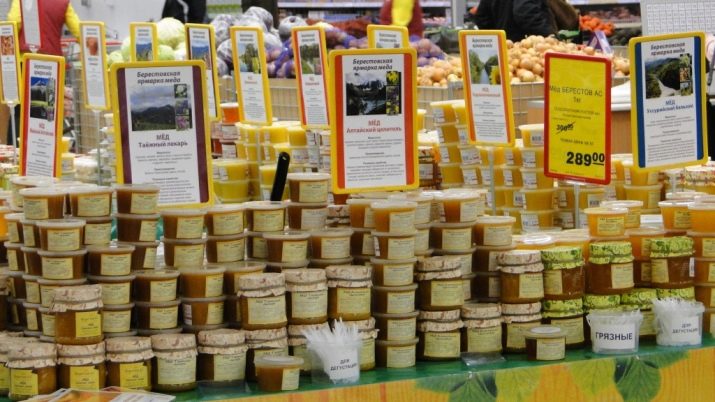
Buying advice
Every mother tirelessly makes sure that her baby eats the most natural and harmless foods. When the baby is only breastfeeding, then mom's nutrition becomes a priority.
If there are no allergy sufferers in the family, and the honey tolerance test was successfully passed, then feel free to go to the market in search of the best.
Arm yourself with such tips to make it easier to choose and buy the most useful product.
- The color should be crystal clear, indicating the absence of impurities.
- The aroma of natural honey is very rich, without foreign odors.
- Check the honey with a wooden stick: dip it into the jar, take it out and watch it flow down. If it flows in an even, continuous stream, it is natural; if it is intermittent, in drops, it contains impurities.
- Dropping a drop of honey on a paper napkin, it should not leave wet marks.If there are any, honey is not yet ready for sale, it does not contain useful substances in the right amount.
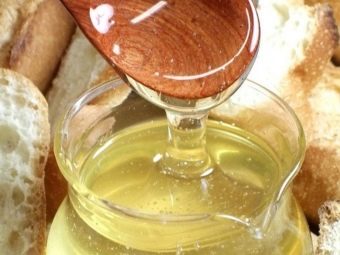
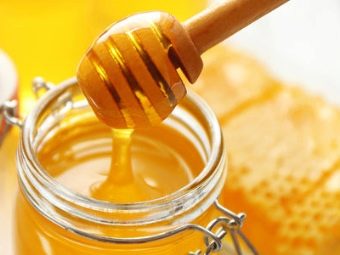
- You can check honey at home for the admixture of starch as a thickener as follows: dilute a small amount in warm water and add a few drops of iodine to the solution. In the presence of starch, the liquid will turn blue.
- Ask to weigh a jar of honey. To understand - 1 liter of honey of sufficient density has a weight of 1.4 kg.
- When honey stands for a long time, it begins to crystallize: it becomes cloudy and becomes very dense. This is a sign of a quality product. Therefore, if on the counter you see beautiful honey, iridescent, and the date of its manufacture is old, then this is clearly an unnatural product.
- Good honey throughout the volume of the container should be uniform, not delaminate.
- When opening the jar, pay attention to see if there is any liquid on the surface.

I would like to note that the softest in action is honey of light varieties. It is less likely than others to cause allergies. Such, for example, is honey from white acacia nectar. It contains a significant amount of vitamin A, which has a sedative effect.
In order for a honey delicacy to become an addition to a healthy lifestyle and bring only benefits to a nursing mother and her child, it is necessary to use it wisely and choose a product with knowledge of the matter.
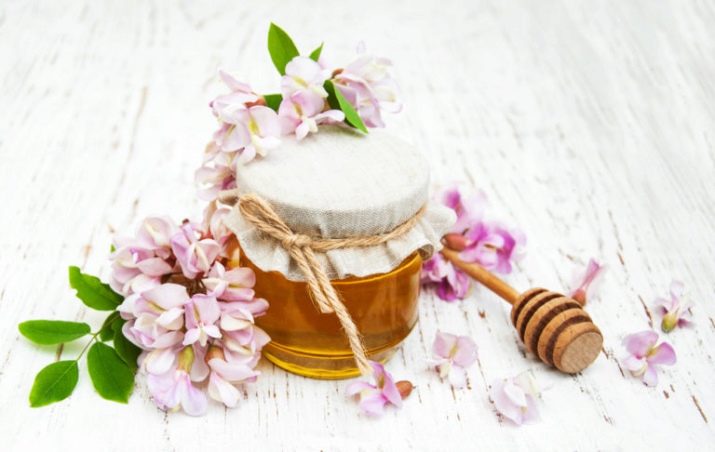
To see if honey is possible for a nursing mother, see the next video.

















